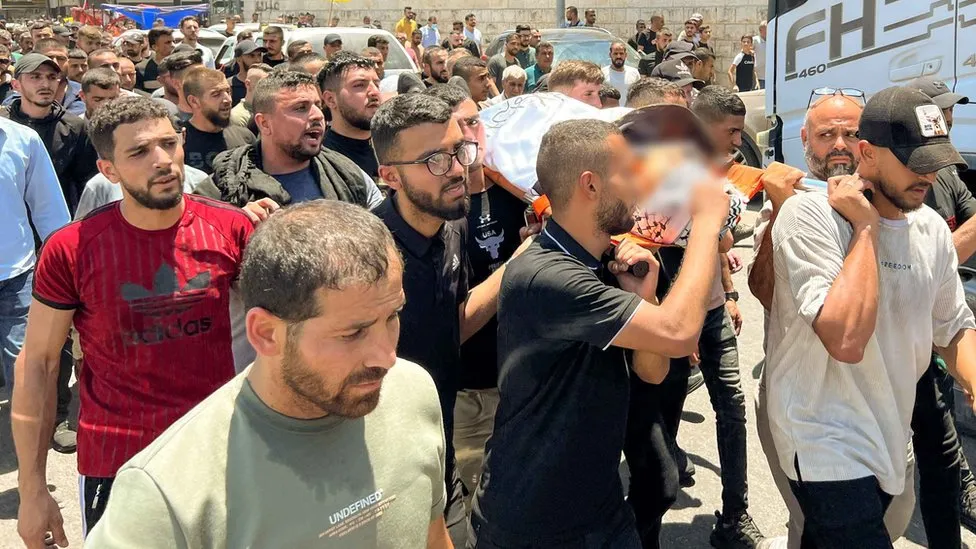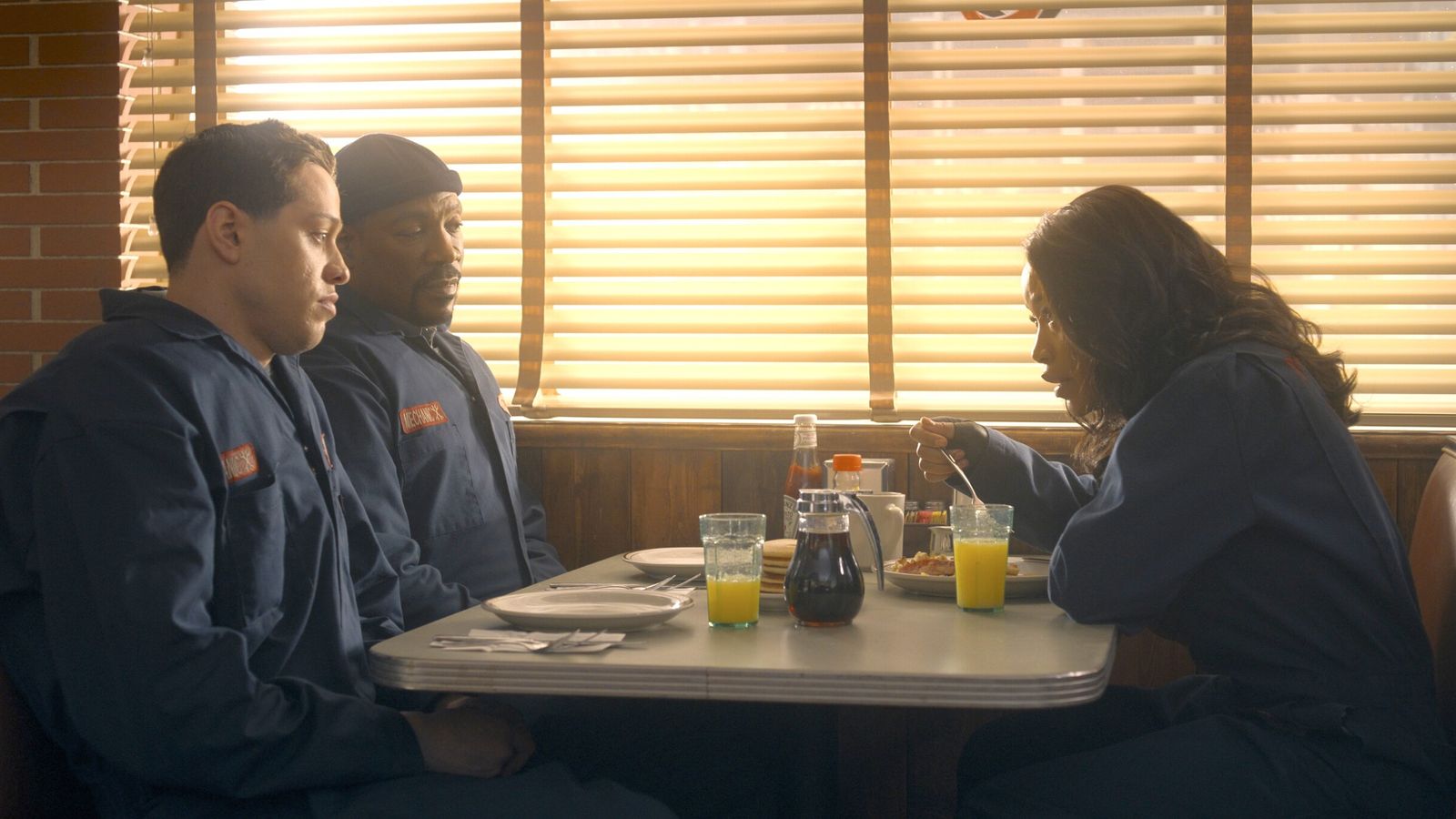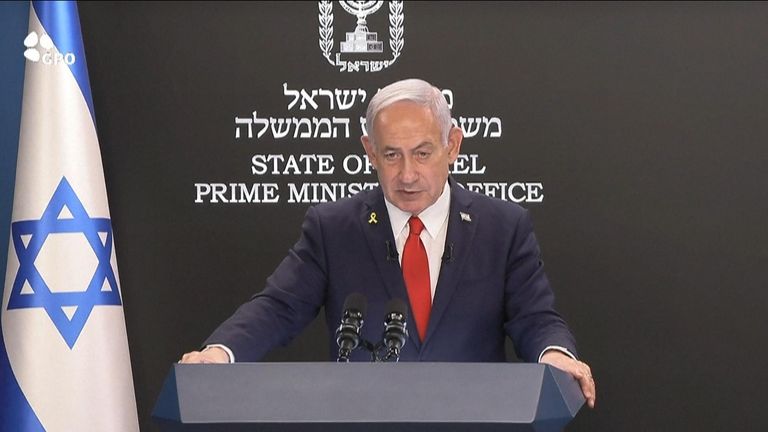Palestinian families return to rubble in Jenin refugee camp
"We had to flee. Or my daughters and I would have been killed," Fatina al-Ghoul says, weeping as she looks back at a pile of rubble that was once her home.

A bulldozer has already arrived and is clearing up debris from her street, which has been left in ruins.
She and nine other women, her family and neighbours, fled their homes in Jenin's refugee camp during one of the largest Israeli operations in the occupied West Bank in years.
Fatina's family is one of hundreds now returning to what's left of their homes, decimated by drone strikes and fighting between the Israel Defense Forces (IDF) and armed Palestinians.
Palestinians fear escalation after Jenin assault
The IDF described it as a "counter-terrorism operation", saying they were targeting weapons stores and manufacturing facilities belonging to militant groups in the area.
But the Palestinian foreign ministry condemned the operation as "open war against the people of Jenin".
Hundreds of Israeli troops backed by drone strikes entered Jenin refugee camp - where almost 24,000 people live in an area of less than half a square kilometre - on Monday morning, triggering intense gun battles with armed Palestinians inside.
Palestinian health officials said 12 Palestinians were killed over the next two days, including four children, and that more than 100 others were injured. The Israeli military said one of its soldiers was killed as its forces started to withdraw on Tuesday night.
"My house has been completely destroyed. Everything is broken and burned. It's all damaged," Fatina says.
Several local hospitals also told the BBC that they were struggling to cope with the fallout from the fighting.
Thousands of locals also took to the streets on Wednesday for the funerals of those killed. So far, it has been confirmed to the BBC that eight of the dead were members of the military wings of the main Palestinian factions.
Guns were fired in support of the deceased fighters.
Many residents say they blame the Palestinian Authority (PA), the main governing body of the Palestinians in the West Bank, for not protecting them during the operation.
Videos circulating online showed two PA representatives forced to leave a funeral after being chastised by the crowd.
Residents complained that at the beginning of the operation the PA's security forces simply allowed the Israeli military vehicles to enter the city.
Fatina says she also blames the PA for their lack of action. "This is our home. We are living in fear, and we are the only ones left to protect it."
"There are agreements between the PA and Israel. The PA has not broken the agreement and security services have done their job during the military operation according to what it was asked to do by the Palestinian leadership," Mayor of Jenin City and PA member Akram Rajoub told the BBC.
One fighter from a Palestinian militant group said that Israeli forces had successful destroyed several of its facilities, including a storage unit containing explosives.
However, the scale of the operation inside a densely populated city and refugee camp was criticised by the UN's human rights chief.
For many residents like Fatina, immediate access to drinking water, food and shelter is now critical.
"Tonight we will sleep on the streets. We can't even sit down inside the house. There is nowhere else to go, for us or any of our neighbours."
-bbc







